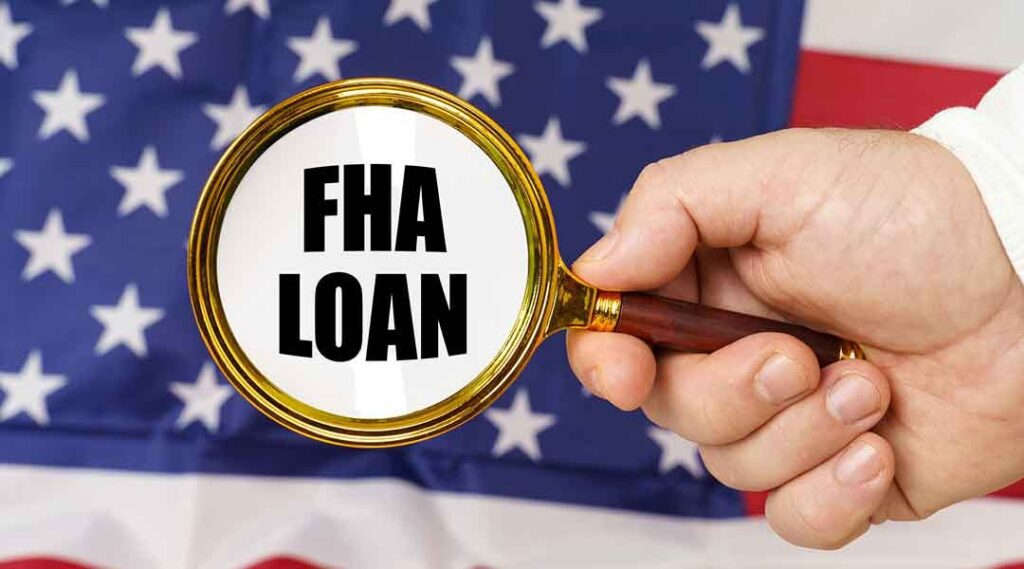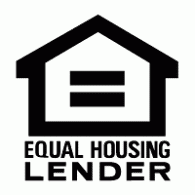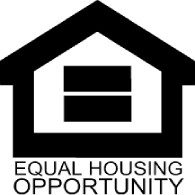Investing in rental property can be a lucrative financial decision for those with the resources to do so. However, one of the critical factors in successfully owning a rental property is securing the right mortgage to finance it. This guide will discuss the various loan options available, the application process, down payment requirements, closing costs, tax benefits, risks, challenges, and frequently asked questions about obtaining a mortgage for rental property.
Loan Options
When it comes to securing a mortgage for rental property, there are several loan options available. Here are a few of the most common:
Conventional Loans:
These loans are not backed by the government and typically require a higher credit score and down payment. The interest rates for conventional loans are often lower than government-backed loans.
FHA Loans:
These loans are backed by the Federal Housing Administration and are designed for first-time homebuyers or those with lower credit scores. FHA loans have lower down payment requirements but typically have PMI, which translates into higher interest rates. FHA Loans are for primary homes only. Click here for more info on FHA loans.

VA Loans:
These loans are backed by the Department of Veterans Affairs are available to current and former members of the military and their spouses. VA loans typically have lower interest rates and do not require a down payment. VA Loans are for primary homes. Click here for more info on VA loans.
USDA Loans:
These loans are backed by the U.S. Department of Agriculture and are designed for those purchasing properties in rural areas. USDA loans often have lower interest rates and do not require a down payment. However, these loans are only for primary homes as well.
Non-QM Loans:
These are Non-Qualified mortgages, the funding source for which is from private investors and generally require a 25% down payment and no income documentation is needed so long as the DSCR (Debt service coverage ratio,) meets the lender’s requirement. Click here for more info on DSCR loans.
Application Process
The mortgage application process for rental property is similar to a traditional home purchase. Here are the steps involved:

Pre-Approval:
Before beginning your property search, getting pre-approved for a mortgage is a good idea. The pre-approval will show you how much you can afford to spend on a rental property.
Property Search:
Once you are pre-approved, you can begin your property search. Remember that lenders may have specific requirements for the type of property they will finance, such as the number of units and the property’s condition.
Submit Application:
You must submit a mortgage application when you find a property you want. The application includes information about your income, assets, and credit history.
Property Appraisal:
After submitting your application, the lender will order an appraisal of the property to determine its value.
Underwriting:
Once the appraisal is complete, the lender will begin underwriting the loan. This process involves verifying your income and employment and reviewing your credit history and other financial information.
Closing:
If your loan is approved, you will need to attend a closing meeting to sign the loan documents and pay any closing costs.
Down Payment:
The down payment required for rental property will depend on the type of loan you are applying for and the lender’s requirements. Generally, conventional loans require a down payment of 20% or more.
Putting down a larger down payment can help reduce your monthly mortgage and even help you secure a lower interest rate.
If you do not have the funds available for a down payment, there are some options for financing it. For example, you can take out a personal loan or use a home equity loan from another property you own.
Closing Costs:
Closing costs are fees associated with obtaining a mortgage, including appraisal, title insurance, underwriting, origination, and escrow fees. The total closing cost can range from 2% to 5% of the total loan amount. Some lenders may offer to cover some or all of the closing costs, which often results in a higher interest rate.
Tax Benefits:
Owning rental property can come with several tax benefits. One of the most significant benefits is the ability to deduct mortgage interest from your taxable income. In addition, other rental property expenses help reduce your overall tax liability and increase your cash flow.
Additionally, rental property owners may take advantage of depreciation deductions, which allow them to deduct a portion of the property’s value over time. However, It is important to note that tax laws can be complex, and consulting with a tax professional is recommended to ensure you maximize your deductions and follow all applicable tax laws.
Risks and Challenges:
Owning rental property can also come with several risks and Challenges. One of the most significant risks is the possibility of vacancies, which can lead to a loss of income and difficulty making mortgage payments.
Additionally, rental properties require ongoing maintenance and repairs, which can be costly and time-consuming. Managing tenants can also be challenging, as you may encounter difficult tenants or deal with eviction proceedings.
Therefore, before investing in rental property, it is essential to carefully consider these risks and challenges and ensure you have the financial resources and expertise to manage them.
FAQs
How do I qualify for a mortgage for a rental property?
To qualify for a mortgage for rental property, you will typically need to have a good credit score, a stable income, and a down payment of at least 20% for a conventional loan. You may also need to meet specific requirements set by the lender, such as a certain debt-to-income ratio or a minimum rental income requirement.
What are the required documents for a mortgage application?
The documents required for a mortgage application may vary depending on the lender, but typically include proof of income (such as tax returns and pay stubs), bank statements, and documentation of any assets or debts.
What should I consider when choosing a loan for a rental property?
When choosing a loan for rental property, you should consider factors such as the interest rate, down payment requirements, and closing costs. You should also consider the type of loan that best fits your financial situation and investment goals.
Conclusion
Obtaining a mortgage for rental property can be a complex process, but with the correct information and resources, it is possible to navigate it successfully. By understanding the various loan options, the application approach, down payment requirements, closing costs, tax benefits, risks and challenges, and frequently asked questions related to rental
property mortgages, you can make informed decisions and maximize your chances of success as a rental property owner.
For more information, schedule an appointment with Blake Mortgage by clicking the link below.






